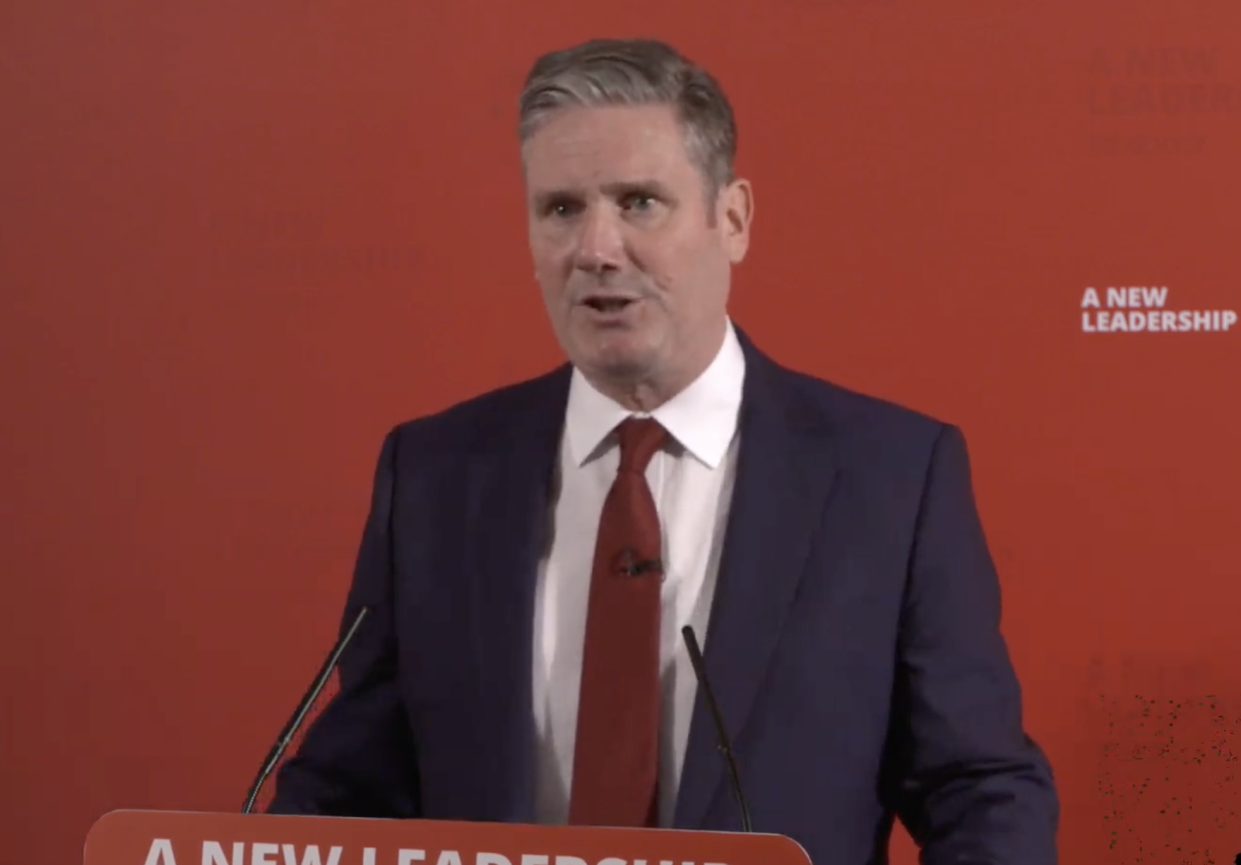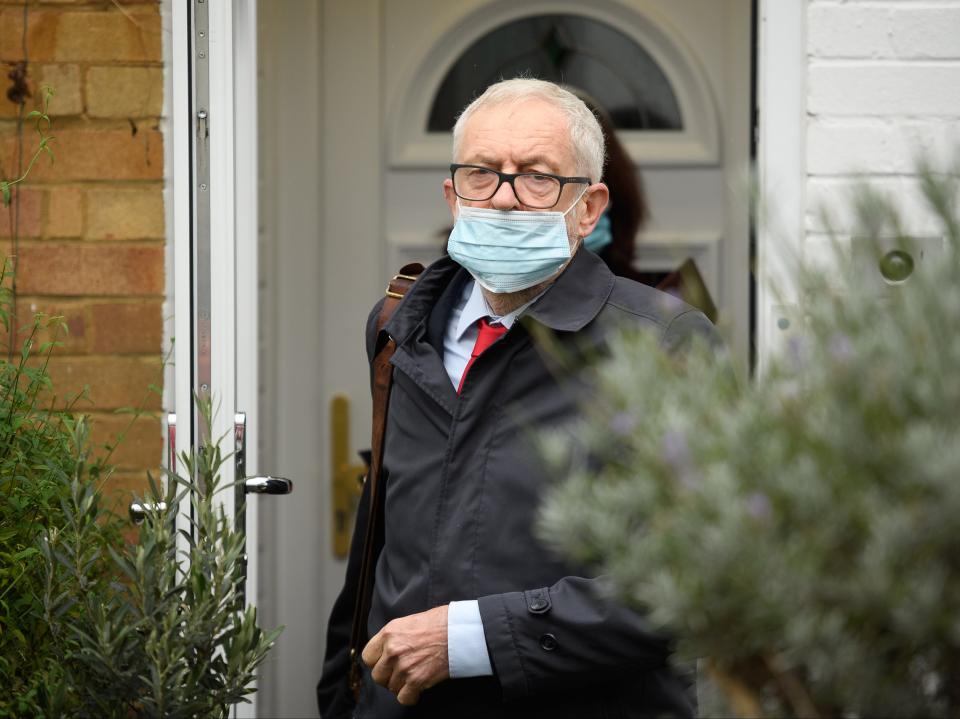Labour antisemitism report: The key findings from EHRC

The Equality and Human Rights Commission’s long-awaited report has finally been released, after years of complaints about how allegations of antisemitism were dealt with under Jeremy Corbyn’s leadership of Labour.
The human rights body’s probe found the party broke the law, after looking at both the disciplinary processes and response to complaints. So what exactly did the watchdog discover, and what does it mean for current leader Sir Keir Starmer? Here are the key findings and recommendations:
Labour responsible for ‘unlawful’ antisemitic harassment
The EHRC found evidence of antisemitic harassment and discrimination, and said the party failed to take effective measures to stop “antisemitic conduct†from taking place. Â
It found Labour Party breached the Equality Act 2010 since party agents used “antisemitic tropes†and suggested that complaints of antisemitism were fake or smears in dealing with two complaints.
There were another 18 cases identified as “borderlineâ€, since there was not enough evidence to conclude the Labour Party was legally responsible for the conduct of local councillors and local election candidates.
“We have concluded that there were unlawful acts of harassment and discrimination for which the Labour Party is responsible,†it stated.
Our investigation into antisemitism in the Labour Party has found unlawful acts of discrimination and harassment.
Read the full report: https://t.co/qfTOEGfYGx pic.twitter.com/JvTxz03gOZ— EHRC (@EHRC) October 29, 2020
Labour responsible for ‘unlawful’ political interference
The EHRC also concluded that the practice of “political interference†into the handling of antisemitism complaints was unlawful.
The watchdog found that Jeremy Corbyn’s office involved itself in disciplinary cases that were deemed “politically sensitive†– despite the fact this was not part of the Labour Party’s formal complaints process, “so it was not a legitimate approach to determining complaintsâ€.
It also found there was a no clear, publicly accessible and comprehensive policy or procedure to explain how antisemitism complaints were dealt with – and a lack of a fair process for respondents.

Labour must commit to an independent complaints process – and training
The EHRC said the party must now commission a new, truly independent process to handle and determine antisemitism complaints in a bid to rebuild trust. It also wants Labour to set out a comprehensive procedure – including rules for social media policy.
The report also recommends in-depth, practical training for all individuals involved in the antisemitism complaints process within six months. The EHRC also wants Labour to roll out a programme of education and training on identifying and tackling antisemitism for all staff.
The EHRC’s interim chair Caroline Waters said there had been “inexcusable†failures, which “appeared to be a result of a lack of willingness to tackle antisemitism rather than an inability to do soâ€.

No individual found legally responsible for failures
The EHRC did not find any individuals responsible for unlawful behaviour, and stopped short of calling the party institutionally antisemitic. Lead investigator Alasdair Henderson said: “Blame for the antisemitism in the Labour Party can’t be placed on one person … it went beyond the role of Jeremy Corbyn.
“That said, the failure of leadership, although it extended across the party through the period of example that we looked at, was of course during the time when Jeremy Corbyn was leader.
“And as leader of the party, and with evidence of political interference from within his office, he does have a responsibility, ultimately, for those failings. Any further legal action in respect to Mr Corbyn himself is not a matter for us.â€
The Labour Party is now legally obliged to draft an action plan by 10 December to tackle the findings of unlawful behaviour. But in the short-term, the party is also now open to legal action from party whistle-blowers and other complainants.
“The debate is over. Under @JeremyCorbyn’s leadership, the @UKLabour Party became institutionally antisemitic. It drove almost half of British Jews to consider leaving the country.” #EHRC
Full statement: https://t.co/EOdkToU1bC pic.twitter.com/fxxQMYu97S— Campaign Against Antisemitism (@antisemitism) October 29, 2020
What have the responses to the report been so far?
Mr Corbyn said he did not accept all of the EHRC’s findings and added that the scale of the antisemitism problem in Labour was “dramatically overstated†for political reasons.
Sir Keir said he accepted the report’s findings “in full and without qualificationâ€. He said the action plan would be ready for the EHRC to look at within six weeks.
The Labour leader also said the findings were a “day of shame†for the party and he was “truly sorry†– but avoided direct condemnation of Mr Corbyn. “There was a collective failure of leadership.â€
The Campaign Against Antisemitism has pushed for Sir Keir to take disciplinary action against Mr Corbyn, Diane Abbott and 15 other sitting Labour MPs.
“Jeremy Corbyn and those around him who took part in or enabled the gaslighting, harassment and victimisation of Britain’s Jewish minority are shamed for all time,†said chief executive Gideon Falter.

